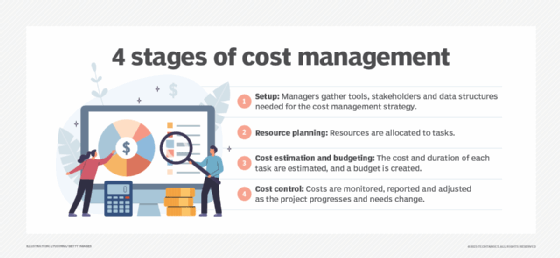cost price
What is cost price?
Cost price is the total amount of money that it costs a manufacturer to produce a given product or provide a given service.
What follows is a deeper dive into the concept of cost price, calculation methods, and its significance in determining wholesale prices.
Factors influencing cost price
Determining the cost price involves considering multiple key factors that impact the manufacturing process. Elements such as raw material costs, labor expenses, overhead costs, technology investments, and other relevant expenditures directly influence the final cost price.
Why calculating cost price is important
It is crucial that a manufacturer assess and manage these factors efficiently to achieve a competitive edge and maintain profitability. By analyzing cost components, manufacturers gain insights into cost-saving opportunities and areas for optimization.
Furthermore, the knowledge of cost price enables organizations to assess their pricing structure in relation to market conditions, competitors and customer expectations.
Detailed and scrupulous accounting, coupled with careful deliberations, is necessary to set realistic prices. Moreover, a provision for contingency might be included in the cost price, acknowledging the challenges of accounting for all possible costs.
Calculation methods for cost price
Cost price calculation methods vary across industries and organizations. Some commonly used techniques include variable costing, absorption costing, and activity-based costing.
Variable costing emphasizes the direct costs incurred to produce a product, such as raw materials and direct labor. Absorption costing includes both direct costs and a proportionate share of indirect costs, such as fixed overhead. Activity-based costing assigns costs to specific activities based on their usage of resources.
Each method offers unique advantages and limitations, making it essential to choose an approach that aligns with the organization's needs and industry standards.

Cost price vs. other pricing terms
Understanding the distinction between cost price and related terms is crucial for accurate financial analysis and decision-making. While cost price represents the expenses incurred in manufacturing a product or providing a service, other terms such as selling price, market price and wholesale price focus on different aspects of pricing.
- Selling price refers to the amount at which a product or service is sold to customers.
- Market price reflects the price determined by market forces, influenced by factors such as supply and demand.
- Wholesale price is largely influenced by the cost price and profit margin. Wholesale price is the price offered to distributors and retailers.
Clarifying these distinctions helps businesses establish effective pricing strategies and evaluate their competitiveness in the market.
Cost price in different industries
Cost price varies significantly across industries due to varying cost structures, production methods and market dynamics.
For example, the manufacturing industry, as discussed above, heavily depends on material costs, labor wages and machinery investments. However, in the retail sector, inventory carrying costs, logistics and packaging expenses influence the cost price.
Service industries might incur costs related to trained personnel, technology infrastructure and operational overhead. Understanding the unique cost considerations in each industry is crucial to accurately calculate the cost price and maintain profitability.
By considering the factors that influence cost price and using accurate calculation methods, organizations can achieve both financial sustainability and market success.
Check out six popular managed services pricing models and see how material requirements planning can lead to more inventory.
